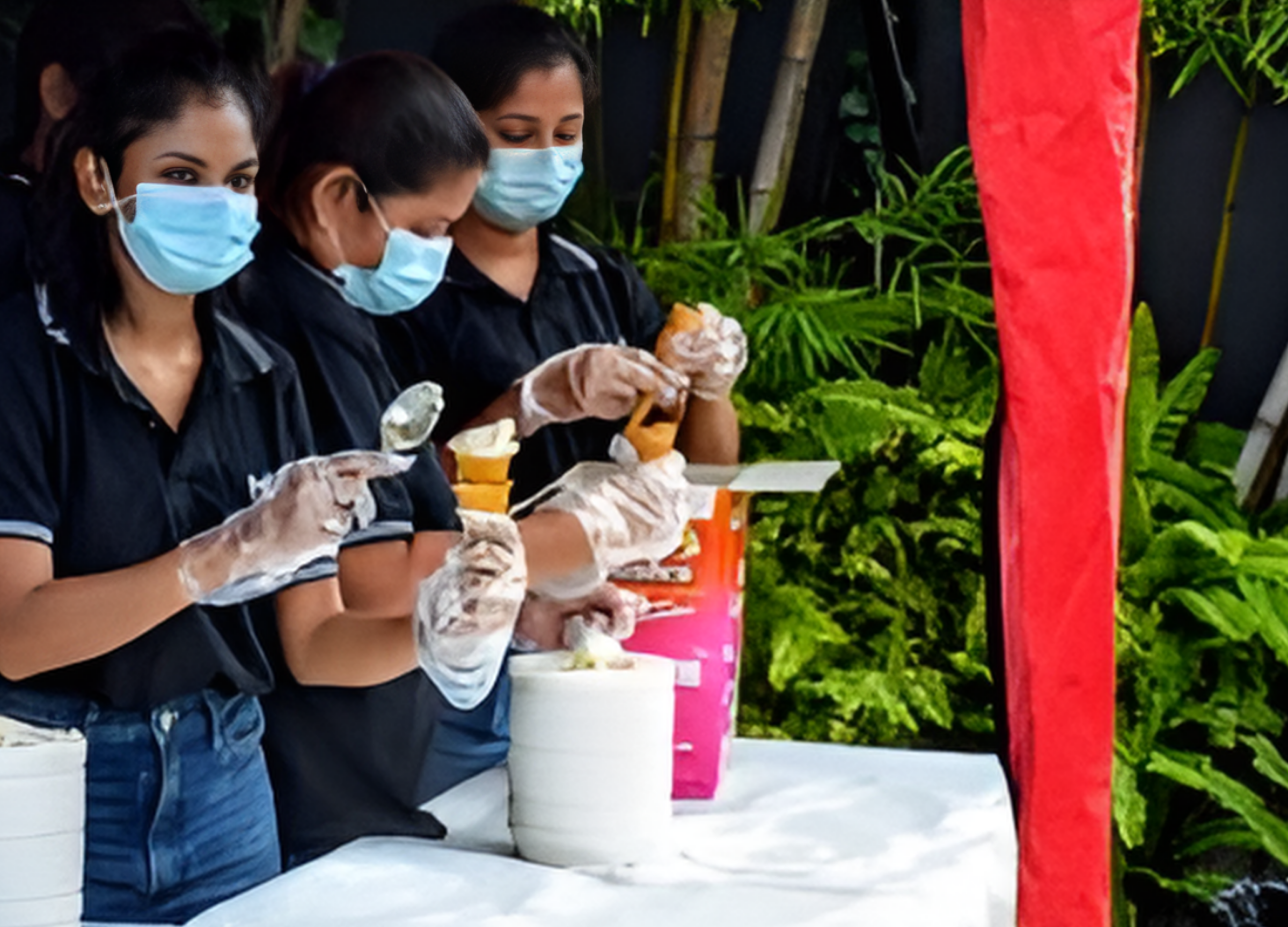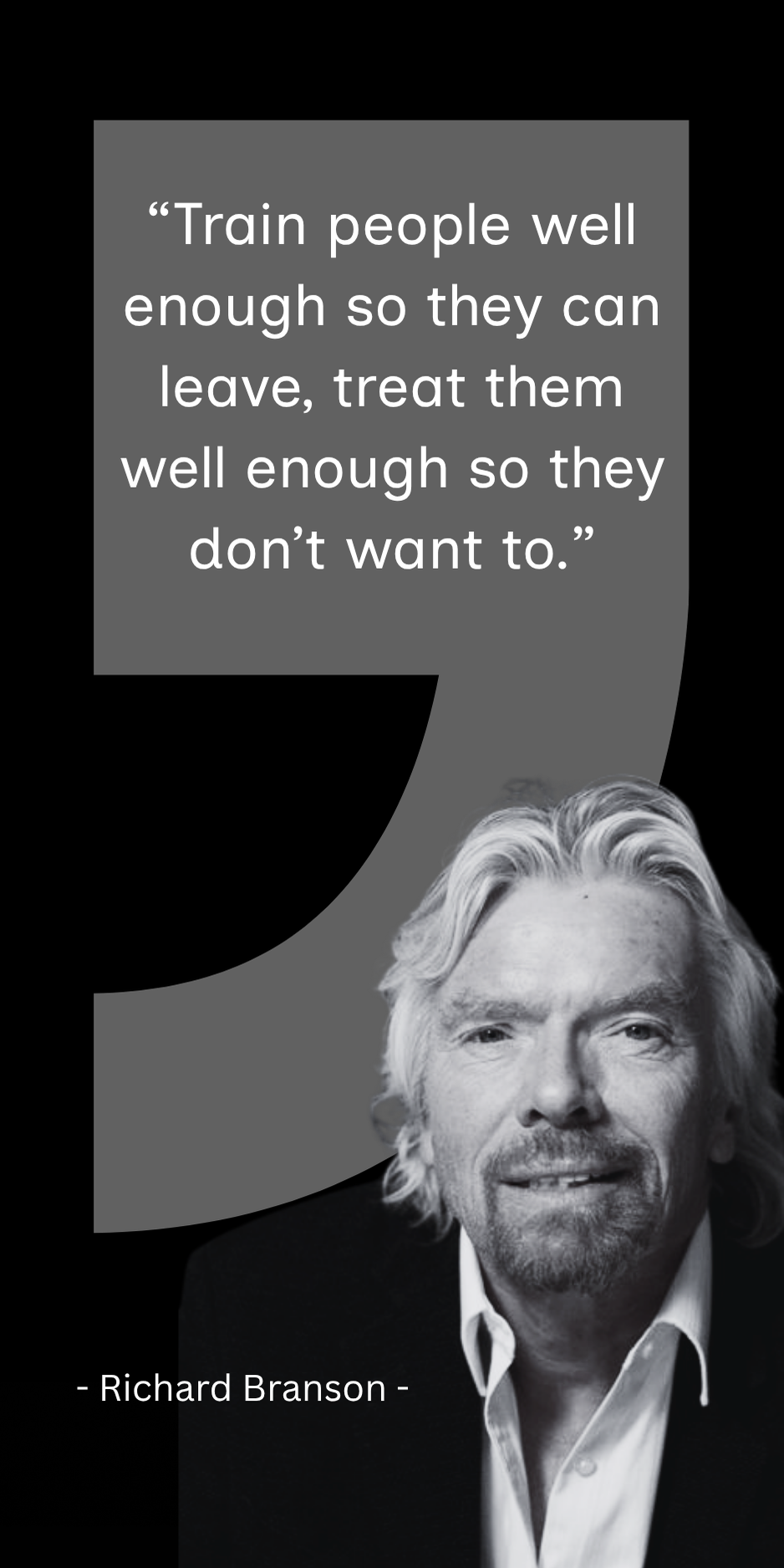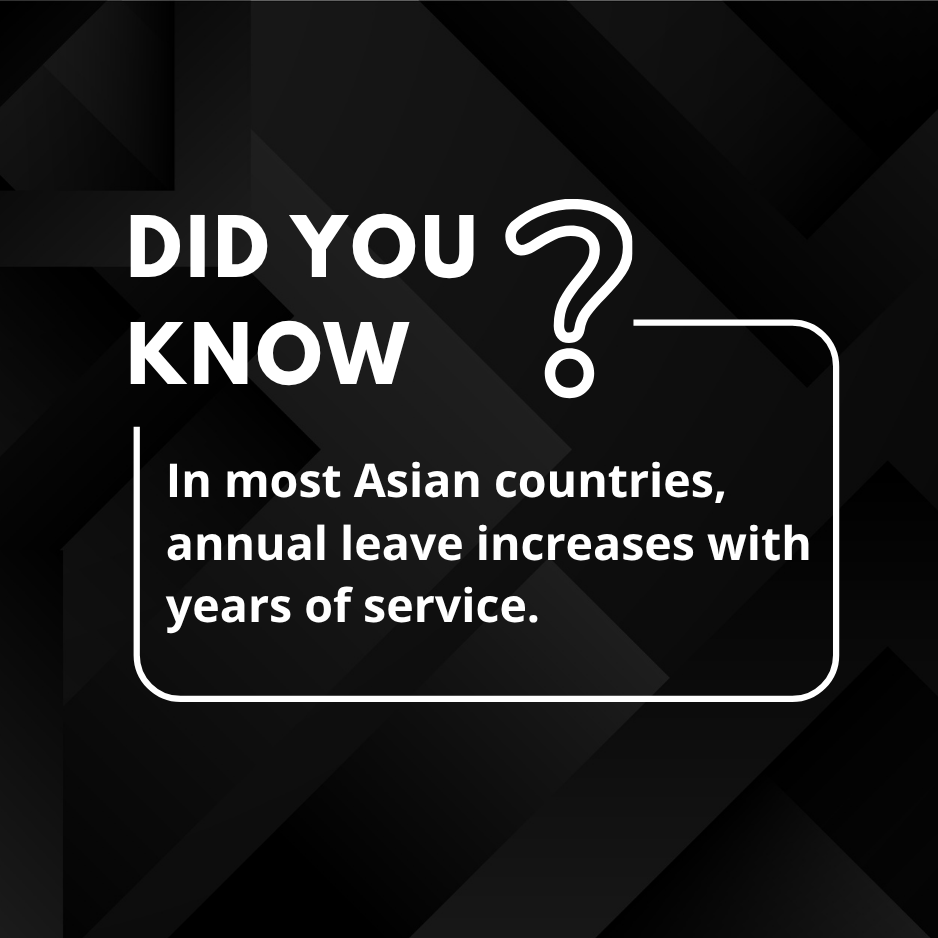Now Reading: Eco-Culture: Green Living as a Workplace Value
-
01
Eco-Culture: Green Living as a Workplace Value
Eco-Culture: Green Living as a Workplace Value

Sustainability might be a global buzzword presently, but in Sri Lanka, it has always been the people’s choice. Families lived through the use of coconut shell spoons, clay pots, and cloth bags, not because it was fashionable but because it was pure and simple. These rituals were the visuals of a culture that honored the earth’s resources, consumed less, and their way of living in unison with nature was part of their daily cycle. Unfortunately, the trend of today’s fast paced lifestyle has affected plastic usage, consumption of disposables, and people’s habits to the extent that their homes have become rubbish dumps. The HR’s dilemma and the chance to revive these cult values by making them core values in the profession of the workplace are the main issues to be discussed.
Sustainability in Sri Lankan Heritage
Comparing with the present era, the lifestyle of Sri Lankan families used to be very much environment friendly, eco consciousness was a habit. People used to cook in clay pots which not only purified the smoke but also enriched the flavor of food, at the same time coconut shells were not just empty but they were turned into ladles, cups, and other handy tools. They used to carry groceries in bulath kole (betel leaves) or in reusable bags, which was way before plastic bags became popular. Even the way of farming in the old kingdoms was such that there was perfect harmony between technology and nature as, for example, irrigation was carefully done. These are the instances which illustrate that sustainability is not a thing that came from the western countries, but it is something which Sri Lanka was always very good at, and organizations can take the new lessons from this legacy.
Eco-Values in Modern Workplaces
The inclusion of eco consciousness in the workplace, ultimately, becomes a win win situation for employees, organizations, and society. Workers, notably, want to be employed by companies which reflect their values, and sustainability is a very strong value. Employers who adopt green practices, no matter if it is by recycling, cutting down on plastic use, or creating ecofriendly offices, feel they are part of a change that matters, and this gives them a great sense of pride. The research shows that green spaces, natural light, and the practice of waste reduction contribute to mental well-being and increase productivity.
It is also an advantage for organizations that by going green they will be the winners in the competition for the best employers. The incorporation of environmentally friendly values into the organization’s culture is a step towards better employer branding, which is the key to attracting younger generations who, as the research shows, are significantly more likely to select companies that are committed to responsible and ethical business practices.
HR’s Role in Embedding Eco-Culture
Human Resources is essentially the main player in the translation of eco-conscious ideals to everyday practices. Policies have the capacity to stimulate the reduced usage of single-use plastics, encourage the use of digital documentation instead of paper, as well as provide filtered water instead of bottled water. The canteens and breakrooms could be refurbished using clay cups, wooden cutlery as well as herbal teas, thus having both a healthier and more sustainable atmosphere. CSR activities like tree planting or beach cleaning can, not only, show the environmental commitment of an organization but also, motivate the employees to participate in the action. Apart from policies, Human Resources can also concentrate on the education and awareness of employees, hence, help them relate traditional practices to the modern sustainability goals. The recognition of teams who manage to come up with ecofriendly solutions serves as one more way of putting across the message that green thinking is not only regarded as being good but also rewarded.
From Clay Pots to Corporate Policies
Sri Lanka’s cultural heritage manifests that sustainable living has always been a part of us. By reverting back to times when people were using clay pots, coconut shells, and naturally made products, organizations will find it easier to gain the trust of customers in their sustainability efforts. For the HR leaders, it depends on meeting these values both in the policies and in the daily rituals, thus, ensuring that sustainability becomes a part of the organizational identity. The workplaces that have adopted eco culture are not only successful in the reduction of the environmental impact that they leave but are also able to create employee pride, engagement, and a feeling of shared responsibility. In the current world where businesses are expected to act responsibly, Sri Lankan organizations can become the leaders in this aspect and declare that their clean and green future is not a new thing but rather a continuation of the past and the present traditions.












